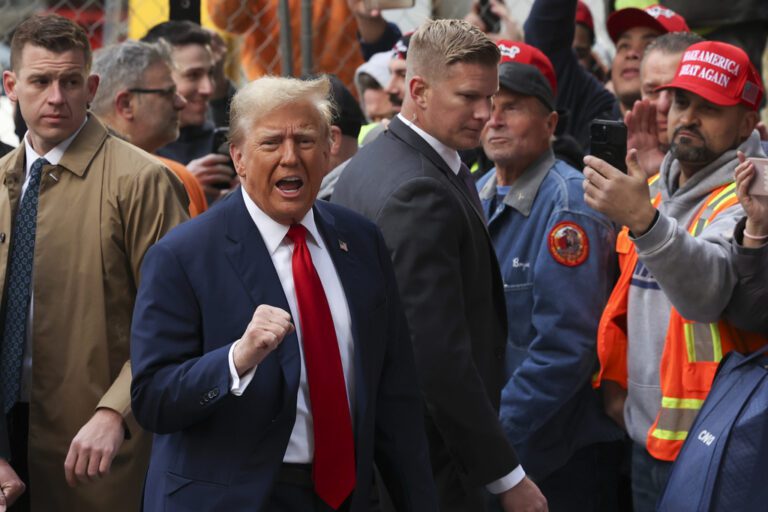White House Plans Executive Order to Address Debanking Concerns
The White House is poised to take significant action aimed at addressing the controversial practice of debanking, particularly focusing on allegations that financial institutions have closed accounts for political reasons. This initiative has gained traction following claims made by former President Donald Trump, who alleges he faced debanking pressures linked to Biden-era regulatory attitudes.
Executive Order Targets Banking Discrimination
According to reports from the Wall Street Journal, the proposed executive order would empower bank regulators to investigate allegations of discrimination under the Equal Credit Opportunity Act, antitrust laws, and consumer financial protection laws. Should banks be found guilty of denying services based on political affiliations, they could be subject to:
- Financial penalties
- Consent decrees
- Other disciplinary actions
Trump’s Personal Experience with Debanking
Speaking on CNBC’s “Squawk Box,” Trump conveyed that he felt victimized by these banking practices, particularly mentioning incidents with major financial institutions:
- JPMorgan Chase: The bank allegedly gave Trump a 20-day notice to withdraw hundreds of millions of dollars from his account shortly after he left office.
- Bank of America: He reported being denied service, forcing him to seek out smaller banks to manage his finances in smaller increments.
“The banks discriminated against me very badly. And I was very good to the banks,” Trump stated. He went on to claim such discriminatory practices may extend to many supporters, arguing that the issue was not limited to political conservatism but rather affected those identified as Trump supporters.
Ongoing Tensions with Banking Leadership
The relationship between Trump and JPMorgan’s CEO, Jamie Dimon, has been fraught with tension. Dimon had previously stepped down from Trump’s economic advisory team over controversial comments the president made regarding the Charlottesville protests. However, the two appear to have reconciled to some degree, meeting recently to discuss economic matters.
Allegations of Political Bias in Banking Practices
The draft executive order does not name specific banks but references the alleged discrimination against certain organizations. Notably, Bank of America faced accusations of bias against a Christian group operating in Uganda, which the bank attributed to its policy against servicing small businesses outside the U.S.
Other allegations within the draft include claims that banks have penalized individuals associated with the January 6 Capitol riots, leading to inquiries from the House Judiciary Committee about potential debanking due to political views.
Wider Impact and Legislative Actions
The Republican-controlled Senate has made it a focal point to scrutinize debanking and other reputational risks, particularly targeting financial institutions that may disfavor certain legal businesses such as pawn shops or gun sellers. Tim Scott, Chairman of the Senate Banking Committee, criticized the Biden administration, accusing regulators of using these methods to advance political agendas.
Key Actions Taken
- Regulatory Changes: In March, three major financial regulators, including the Federal Reserve, announced they would eliminate references to reputational risk in supervisory guidelines.
- Task Force Formation: The Department of Justice launched a task force in April to collaborate with federal financial regulatory agencies to combat unlawful debanking practices.
Conclusion
The forthcoming executive order aims to establish a framework for holding banks accountable for actions perceived to be influenced by political factors. As the administration moves forward, it remains to be seen how these regulations will impact the banking landscape, the circulation of financial services, and the broader implications for businesses and consumers alike.
For updates on this evolving story, keep an eye on major financial news sources and governmental communications.


